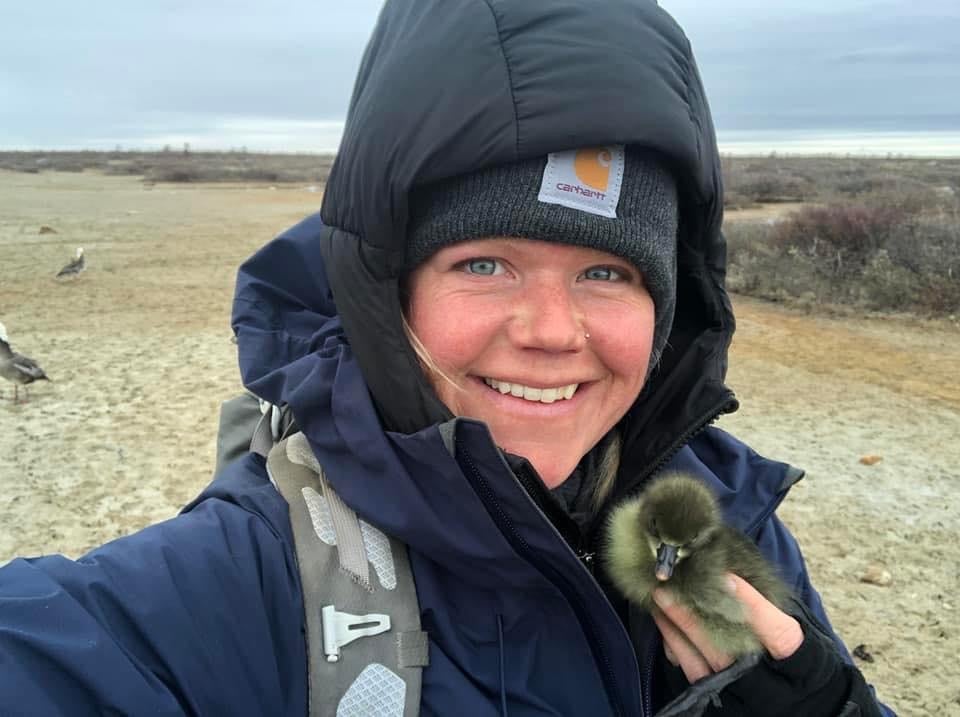- Lecturer
- Natural Resources Science
- Email: martina@uri.edu
- Office Location: Coastal Institute in Kingston 009
- Google Scholar
Biography
Dr. Martina Müller is a Lecturer in the Department of Natural Resources Science at the University of Rhode Island, where she teaches courses including Natural Resource Conservation (NRS 100), Wetland Wildlife Management (NRS 406), Senior Colloquium (NRS 480), and The Biodiversity Crisis (NRS 330G). A graduate of URI’s Wildlife and Conservation Biology program, Martina went on to conduct research on the behavioral ecology and physiology of seabirds in coastal ecosystems around the world, including the Galápagos Islands, arctic Norway and Iceland, Sicily, Patagonia, and Japan. After a decade of field-based research abroad, she returned to URI as a postdoctoral researcher and eventually joined the faculty in her home department. Her path to teaching has been shaped by a wide range of personal and professional experiences—including time spent living and working on five continents. She has worked in basic and applied science, agriculture, environmental advocacy, and local politics, all of which continue to inform her interdisciplinary and inclusive approach to teaching. These experiences have also reinforced a core part of her teaching philosophy: the importance of engaging with diverse perspectives to deepen understanding and encourage intellectual openness. Through it all, she has come to realize that teaching is where she makes the greatest impact—and finds the most fulfillment. She is deeply committed to training capable, thoughtful scientists and field biologists—individuals who are not only technically proficient, but who think critically, communicate with clarity, and approach ecological questions with curiosity, creativity, and integrity. Her goal is to equip students with the skills and perspective needed to address complex environmental challenges and contribute meaningfully in an interconnected, ever-changing world.
Research
- Behavioral ecology and physiology of seabirds, with a focus on individual variation in stress responses, personality, and decision-making in wild populations
- Hormone-mediated maternal effects and sibling competition in birds, including proximate and ultimate mechanisms of early-life programming
- Movement ecology and migration strategies of long-distance seabird migrants, including the role of environmental drivers and individual consistency
- Application of animal-borne biologging tools and heart rate monitoring to study free-living birds in diverse ecosystems
- Wildlife responses to environmental change, including anthropogenic disturbance and habitat alteration
- Wildlife use of coastal ecosystems in relation to aquaculture and implications for management and water quality
Education
Ph.D., Behavioural Biology, University of Groningen, the Netherlands, 2013 M.Sc., Biology (Ecology, Evolution, and Systematics), Wake Forest University, 2007 B.S., Wildlife and Conservation Biology, University of Rhode Island, 2004

